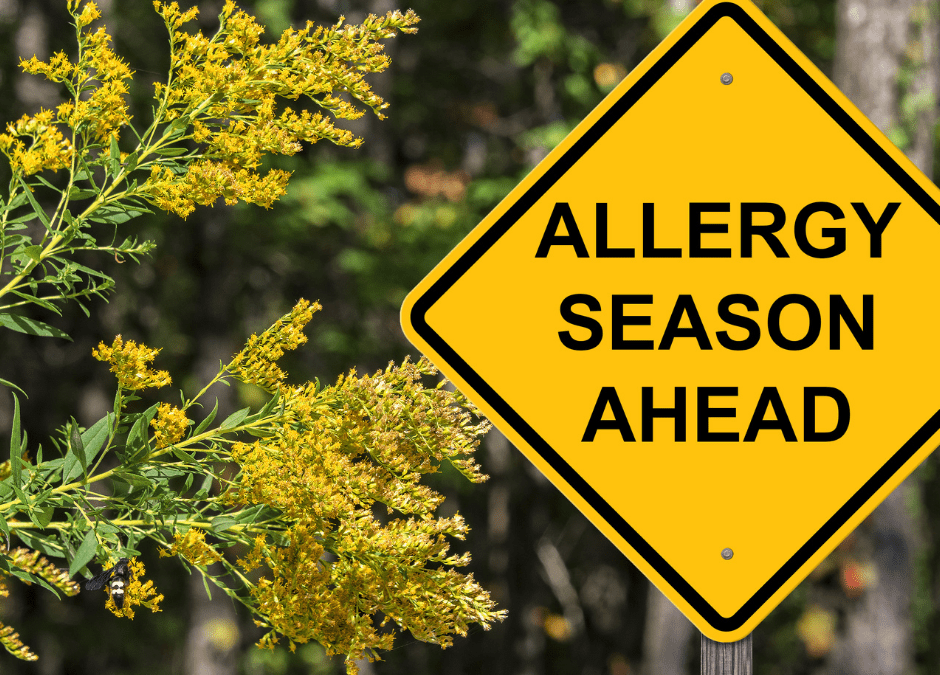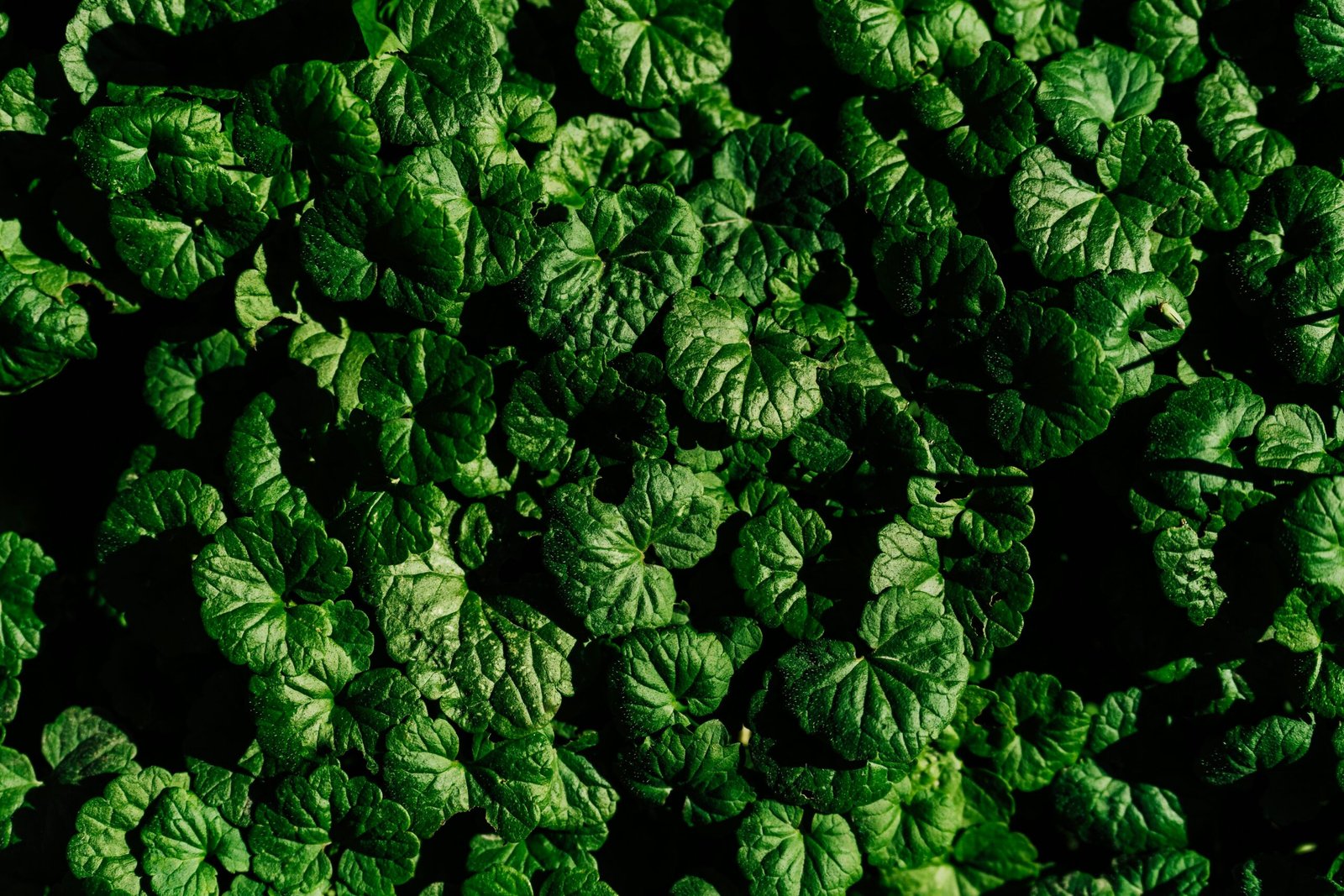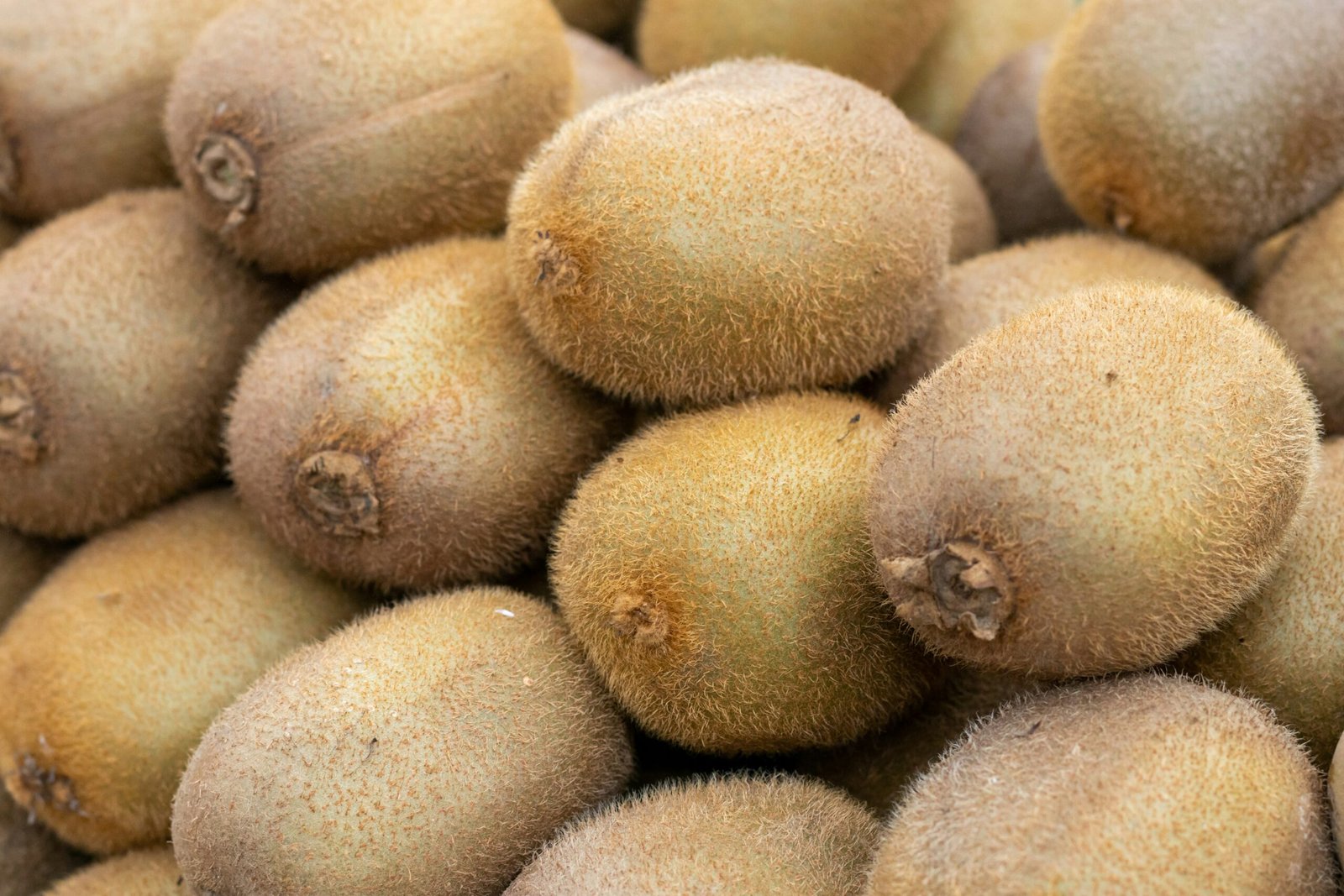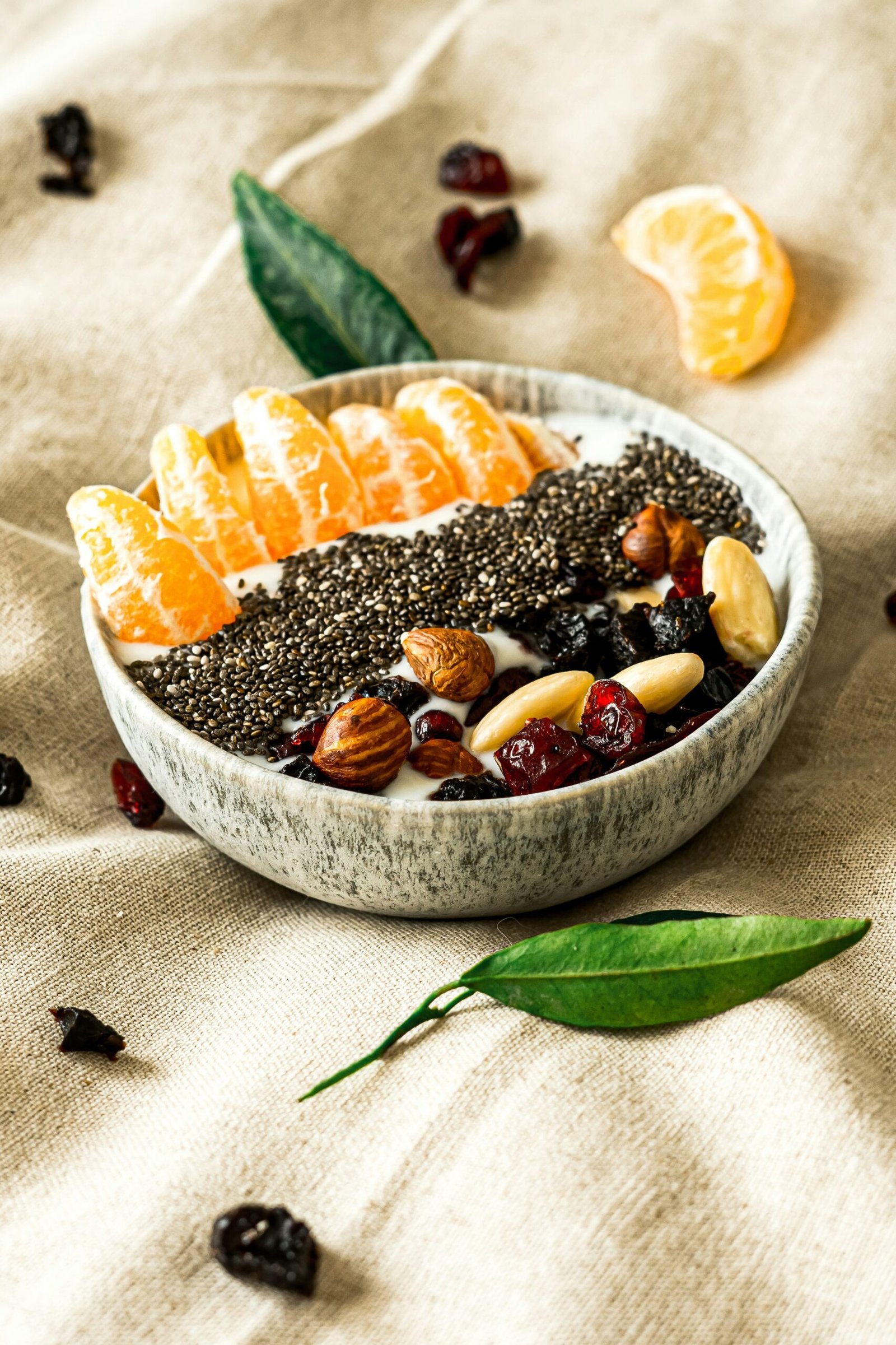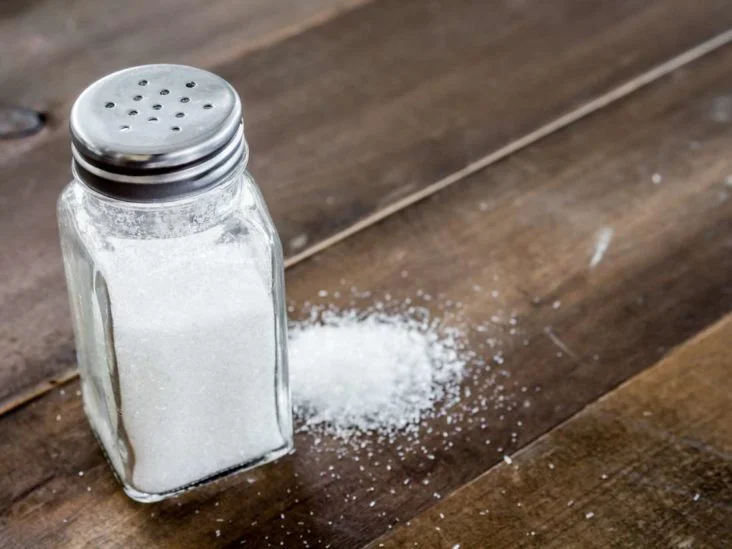Introduction to Bloating and Its Causes
Bloating is a common digestive issue characterized by a sensation of fullness, tightness, or swelling in the abdomen. This condition can cause significant discomfort, and it often leads to visible distension or an increase in abdominal girth. Common symptoms of bloating include stomach pain, excessive gas, frequent belching, and a feeling of heaviness. The underlying causes of bloating are varied, encompassing dietary habits, food intolerances, and certain medical conditions.
One of the primary reasons for bloating is the consumption of specific foods that either produce a high amount of gas during digestion or are difficult for the body to break down. Foods high in fiber, certain carbohydrates, and sugar alcohols can be particularly problematic. For instance, beans, lentils, and certain vegetables contain complex sugars that are fermented by bacteria in the gut, leading to gas production and bloating. Additionally, foods that are high in sodium can cause water retention, further contributing to the sensation of bloating.
Being mindful of one’s diet is crucial for managing and preventing bloating. By identifying and avoiding foods that trigger bloating, individuals can significantly reduce the frequency and severity of their symptoms. It is essential to pay attention to how different foods affect your body and make dietary adjustments accordingly. For more detailed information on bloating and its causes, you can visit this reputable health website.
Top 10 Foods That Cause Bloating
Bloating is an uncomfortable condition that many individuals experience. It can be caused by various foods that are common in our diets. Here are ten foods known to cause bloating:
1. Beans: Beans are high in fiber and contain sugars called oligosaccharides, which are difficult for the body to break down. This can lead to gas and bloating. [Read More]
2. Lentils: Similar to beans, lentils are rich in fiber and contain FODMAPs (fermentable oligo-, di-, mono-saccharides and polyols). These compounds can ferment in the gut, causing gas and bloating. [Read More]
3. Dairy Products: Many people are lactose intolerant, meaning they lack the enzyme lactase needed to digest lactose found in dairy. This can cause bloating and other digestive issues. [Read More]
4. Carbonated Drinks: Beverages like soda and sparkling water contain carbon dioxide, which can lead to gas buildup in the digestive system and cause bloating. [Read More]
5. Cruciferous Vegetables: Vegetables such as broccoli, cauliflower, and Brussels sprouts contain raffinose, a type of sugar that produces gas during digestion. [Read More]
6. Onions: Onions are high in fructans, which are soluble fibers that can cause bloating. They also contain sulfur compounds that can contribute to gas production. [Read More]
7. Garlic: Like onions, garlic contains fructans. It also has a variety of health benefits, but can contribute to gas and bloating. [Read More]
8. Apples: Apples are high in fiber, fructose, and sorbitol, all of which can cause gas and bloating if consumed in large quantities. [Read More]
9. Chewing Gum: Chewing gum can cause you to swallow air, which can lead to bloating. Additionally, sugar alcohols used in sugar-free gum can contribute to gas production. [Read More]
10. Processed Foods: Many processed foods contain high levels of sodium and artificial additives, which can cause water retention and bloating. [Read More]
Understanding which foods are likely to cause bloating can help you make more informed dietary choices and improve your digestive comfort.
Practical Tips to Avoid Bloating
Bloating can be a discomforting experience, but there are several practical steps you can take to minimize its occurrence. One of the most effective strategies is to identify and replace foods that are known to cause bloating with alternatives that are gentler on the digestive system. For instance, instead of cruciferous vegetables like broccoli and cabbage, which can cause gas, opt for spinach or zucchini. Similarly, if dairy products lead to bloating, consider lactose-free milk or plant-based alternatives such as almond or oat milk.
Portion control plays a significant role in reducing bloating. Eating smaller, more frequent meals can prevent overwhelming your digestive system. Chewing your food thoroughly is also essential, as it aids in the digestive process and reduces the amount of air swallowed, which can contribute to bloating.
Adopting mindful eating habits can further help mitigate bloating. Avoid talking while eating and try to eat at a slower pace. This not only enhances digestion but also allows you to recognize when you are full, preventing overeating.
Hydration is crucial for maintaining a healthy digestive system. Drinking plenty of water helps to flush out toxins and keeps the digestive tract running smoothly. Incorporating herbal teas like ginger or peppermint can also aid digestion and reduce bloating.
Probiotics are beneficial bacteria that support gut health and can help reduce bloating. Incorporating probiotic-rich foods like yogurt, kefir, and fermented vegetables into your diet can enhance your digestive system’s functionality. Alternatively, probiotic supplements can be considered for similar benefits.
For more in-depth information on dietary changes and other tips to avoid bloating, you can refer to this comprehensive guide by Healthline.

Conclusion and Key Takeaways
In navigating the complexities of dietary choices, it is crucial to remain mindful of foods that can induce bloating. As discussed, beans, carbonated beverages, and certain vegetables can contribute to discomfort. By identifying and moderating the intake of these foods, one can significantly reduce bloating.
Adopting strategies such as increasing water consumption, incorporating probiotics, and chewing food thoroughly can also play a pivotal role in managing bloating. Paying close attention to how your body reacts to different foods will help in making necessary dietary adjustments, thereby fostering a more comfortable digestive experience.
With a well-informed approach and the right habits, managing bloating becomes more attainable. It is encouraging to know that through mindful eating and lifestyle changes, one can achieve a sense of relief and well-being. For further insights into maintaining digestive health, consider exploring our related blog post.


